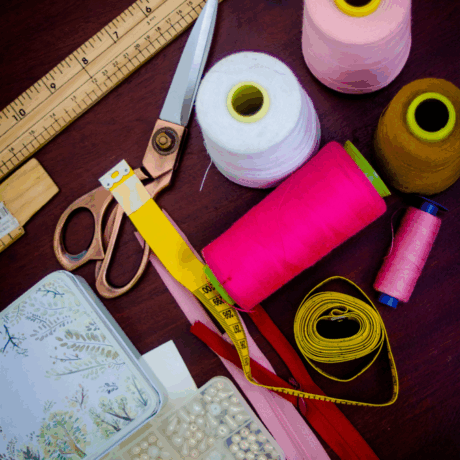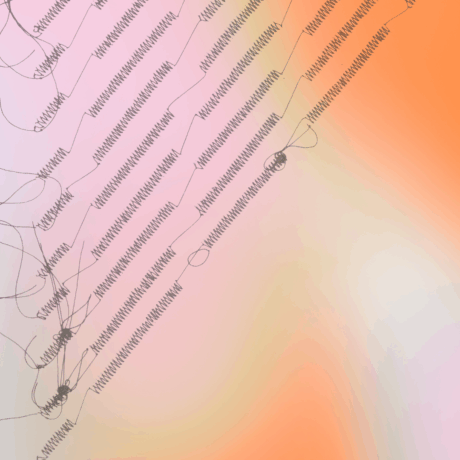My eXXpedition to investigate plastic pollution in the oceans
There are three things I have been passionate about over the course of my life: sailing and the sea, the indigenous cultures of South and Central America, and creating a more sustainable fashion industry.
Working with Pachacuti, the hat brand I founded over two decades ago, and at Fashion Revolution over the past six years, has brought together the latter two areas in many ways, but now I am incredibly excited to be able to draw all three of these strands together. In February and March 2020, I will be setting sail with eXXpedition to investigate plastic pollution and toxics in our oceans. Almost 10,000 women from around the world applied to take part in the two year voyage and I feel incredibly fortunate to have been selected to crew on the leg from the Galapagos to Easter Island.
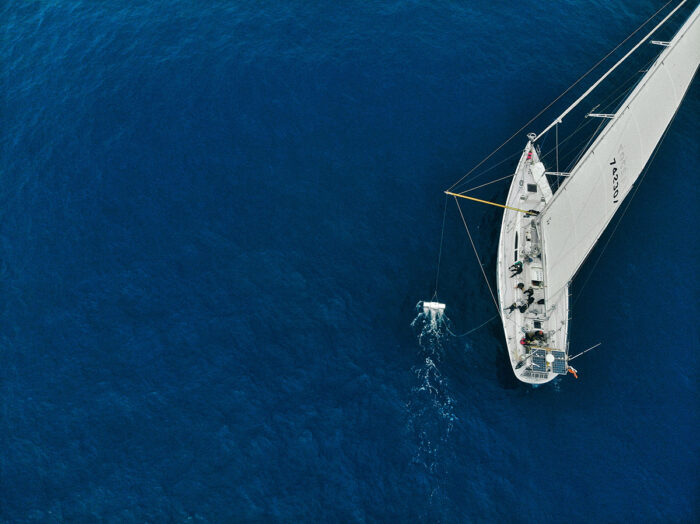
I learnt to sale on the magnificent J-Class yacht Velsheda in the late ’80s and spent a few summers as crew before jumping over to the square rigged brig TS Astrid on which I spent many happy months sailing the Channel and taking part in the Tall Ships Race. I then worked on various boats in the Caribbean for a year and sailed across the Atlantic on the tops’l schooner TS Unicorn. I remember night after night on the seemingly pristine sea watching the glowing, glittering phosphorescence resulting from the bioluminescence of organisms in the surface layers of the sea (we took two months crossing the Atlantic so there were plenty of sea sparkle nights to enjoy!) I never imagined that I would be sailing the oceans again three decades later to carry out research into the degradation of the marine environment.
My Masters in Native American Studies at the University of Essex was the culmination of an interest in the Andean region which stemmed from somewhere far back in my childhood – I remember asking for a picture book about the Incas as a Christmas present one year when I was still quite young. I immersed myself in learning about indigenous cultures past and present and would have continued with my PhD on the symbolism of colour and natural dyes in the Andes. However, having set up Pachacuti in the summer holidays and seen at first hand the real difference fair trade could make to textile-producing communities in Ecuador, I decided to turn my interest in the region to more practical use.
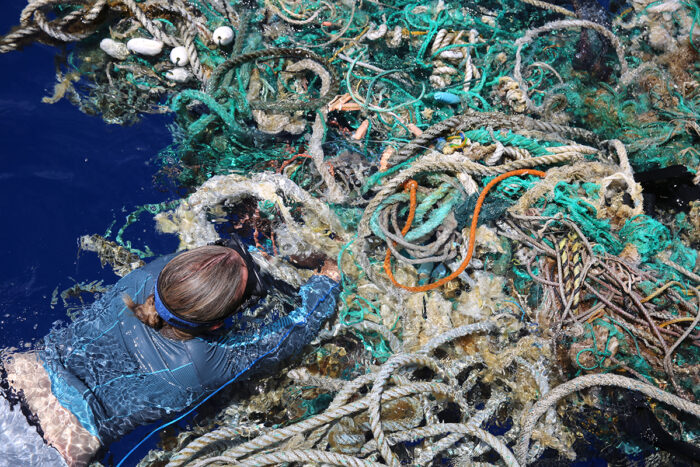
One of the key concepts of the Andean worldview is ayni, meaning reciprocity and balance. Balance does not mean just a static equibrium; the Inca strived for the creation of an animated cosmos through a system of continual exchange based on mutual respect, justice, and solidarity. They saw reciprocity as the foundation for peace, resilience and enduring relationships with our environment and our community both near and far. Ayni was a continuous accompaniment to life in the Andes and the foundation on which society was based. Indeed, life itself can be seen as ayni.
If the equilibrium between communities and the natural world was altered, it could result in floods, or lack of rains. Andean peoples understood that ayni has to be recreated every day in order for regeneration to take place and, as a result, knew that they needed to give things up, to make sacrifices to restore balance. Reciprocity moves people beyond self interest in order to do something for the common good.
Perhaps it is not surprising that in 2008, Ecuador became the first country to legally recognise the rights of nature and two years later Bolivia adopted the Law of the Rights of Mother Earth. This means in practice that people can now sue on behalf of the ecosystem. The Ecuadorian Constitution says this will help to “achieve the good way of living, the sumac kawsay.” Nature is part of the social fabric of life, not a resource to be exploited. The Andean concept of good living or living well doesn’t mean living better than others, nor does it imply the accumulation of material wealth. It means living well together, with nature, with mutual support, with ayni.
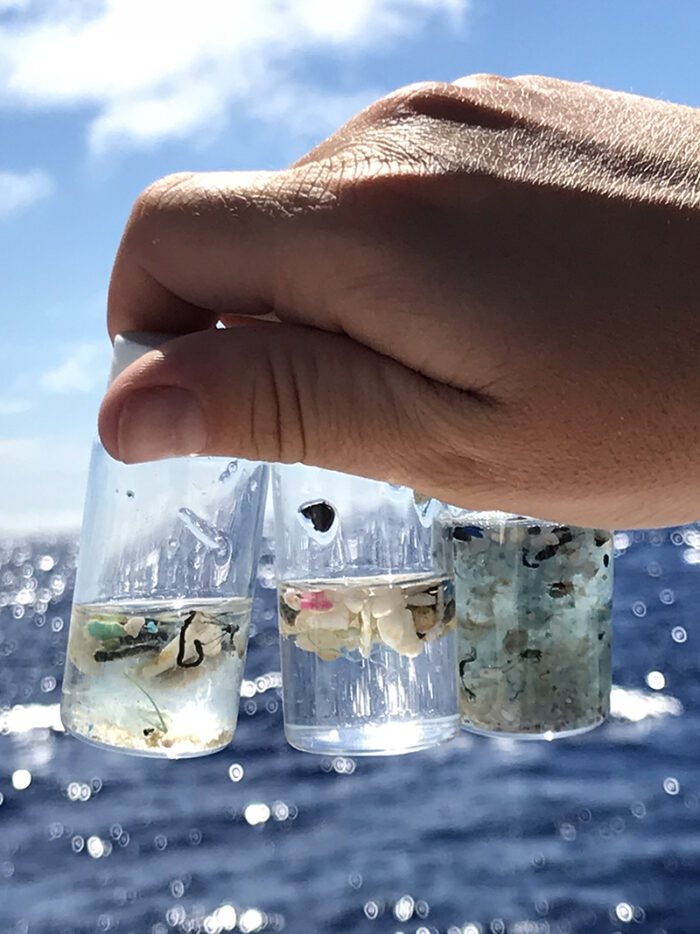
I was reminded of this whilst on holiday this summer, in a chalet by the sea on Branscombe beach in Devon. I was working there with my daughter, Sienna, and we were discussing stakeholders for Fashion Revolution’s policy dialogue toolkits. She told me that we must make sure we include stakeholders who don’t have a voice like the ocean and marine life. It seemed so obvious once she said it and I was astonished I had never previously thought of including them. This just emphasised to me how far we have become detached from seeing our world as a living being.
Reciprocity is inherent in the way the earth works, although there are limits that are difficult to reverse once they are crossed, as set out in the UN United in Science report issued on 22 September. Our activities, our pollution, our degradation of the marine environment are stressing the earth’s natural capacity for reciprocity. If we are to tackle toxics and plastic pollution in our oceans, as well as climate change, waste, and the myriad other environmental issues relating to the fashion industry, we know that every choice and every action matters. If we want to see regeneration of our waterways and oceans which are essential for living well on this planet together, we need to take co-operative responsibility. The resources of both land and sea are a gift, and this gift requires reciprocity in order to maintain healthy ecosystems.
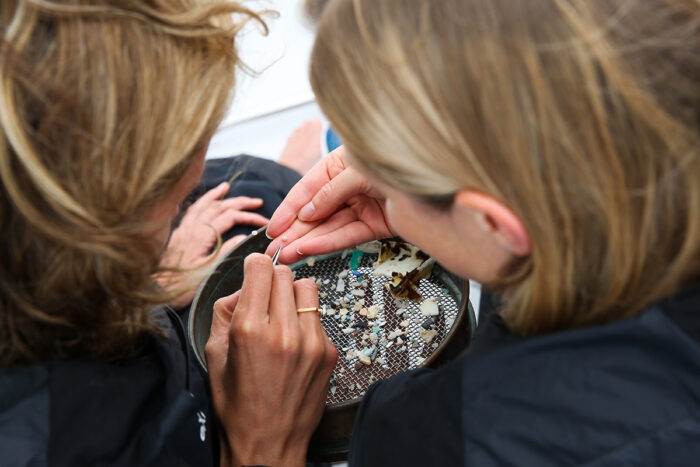
When I join eXXpedition and sail some 2000 miles through the Pacific Ocean, I will be taking part in groundbreaking scientific research on board this floating laboratory to help build a comprehensive picture of the state of our seas. I will also be helping to unravel how we got into this mess and how we can help shift our mindsets towards a more sustainable, a more balanced, future which encourages progress to a more regenerative system. The worldview of the peoples who inhabit the countries past which I will be sailing may well help us to find some of these solutions.
***
The eXXpedition Round the World voyage, which sets sail from Plymouth, UK on October 8th 2019, will sail through some of the most important and diverse marine environments on the planet. This includes crossing four of the five oceanic gyres, where ocean plastic is known to accumulate, and the Arctic on board 73ft sailing vessel S.V. TravelEdge. Under the directorship of award winning ocean advocate Emily Penn, 300 women will join the research vessel as crew over 30 voyage legs to journey more than 38,000 nautical miles. Follow news and updates via #eXXpedition @exxpedition on Twitter / @exxpedition_ on Instagram /eXXpedition on Facebook
I am looking for sponsorship and donations towards my participation in this groundbreaking voyage. Please see more information here – I am very grateful for any support.
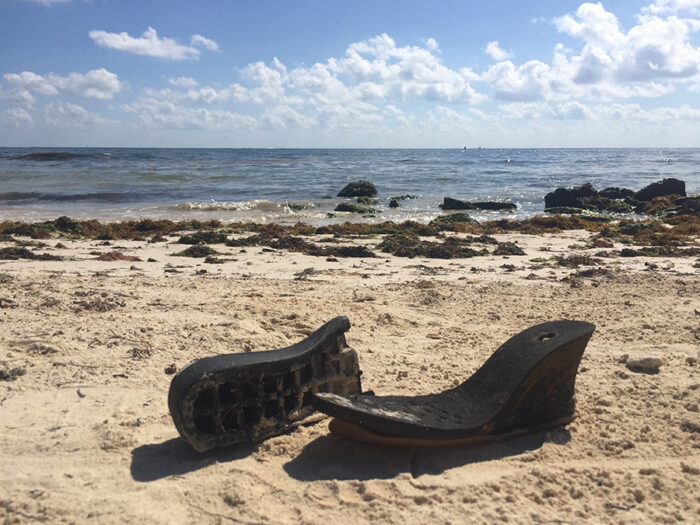
Header photo: Soraya Abdel Hadi/eXXpedition




